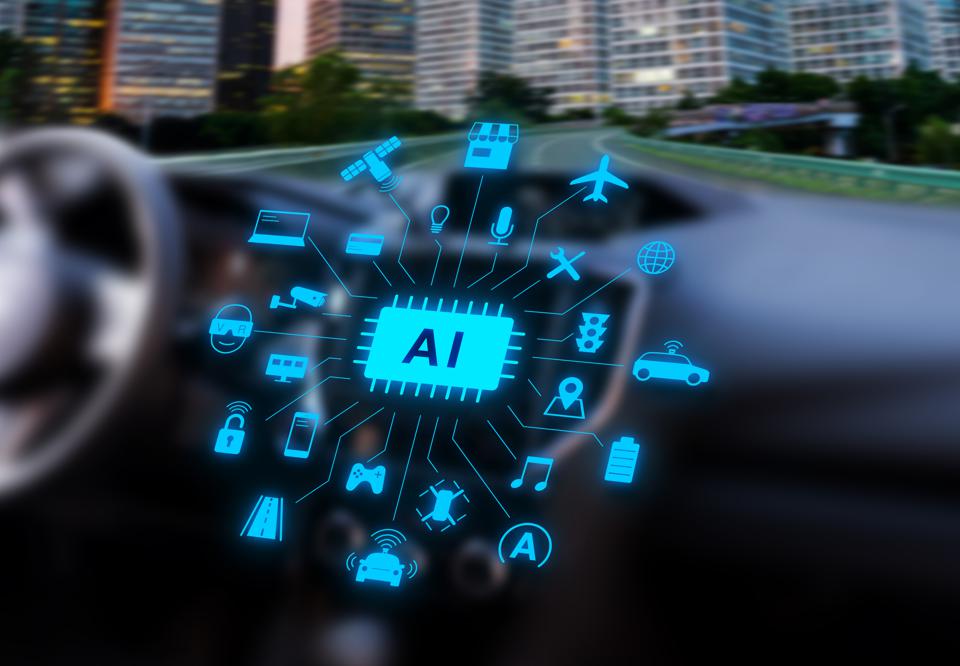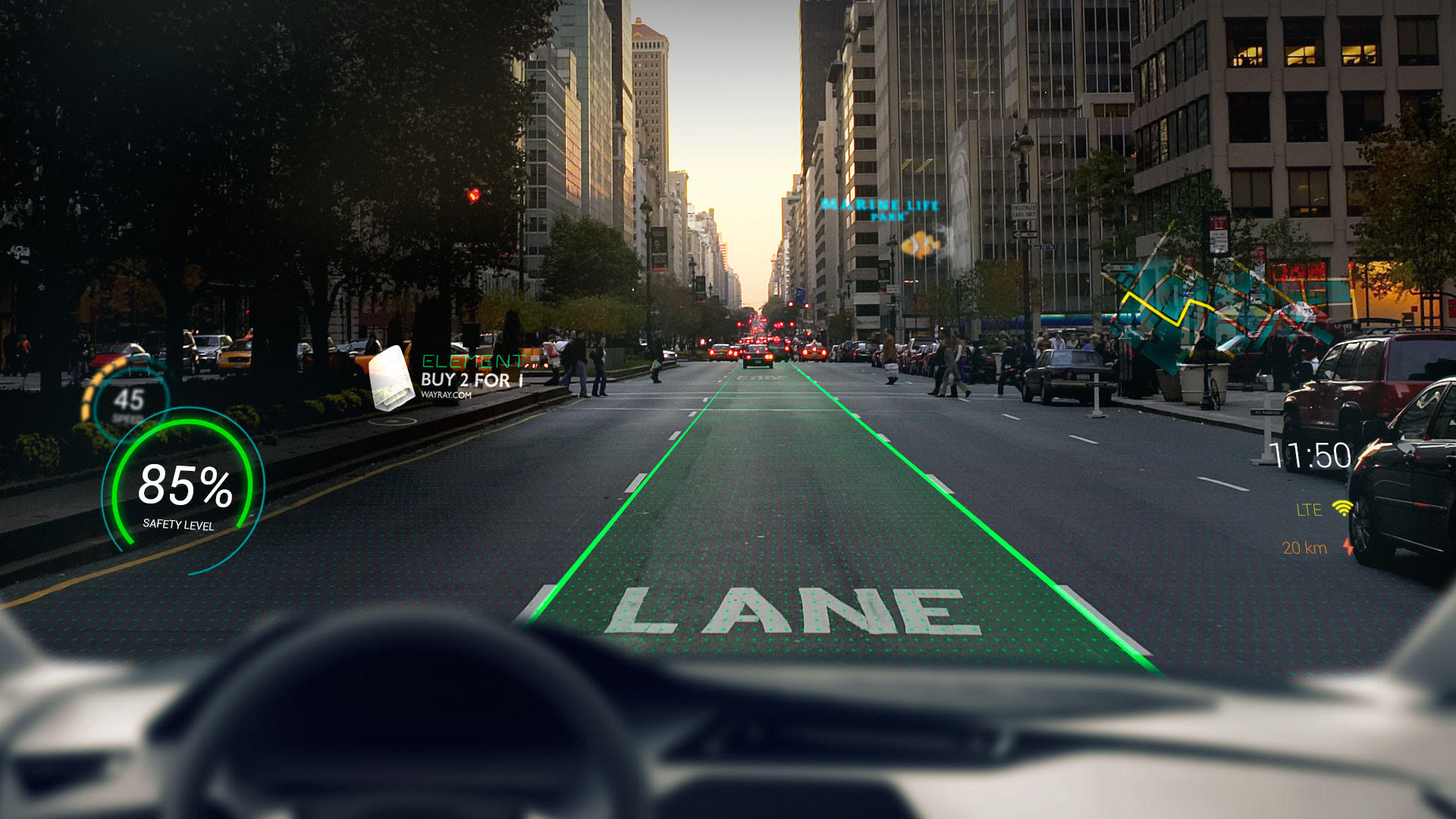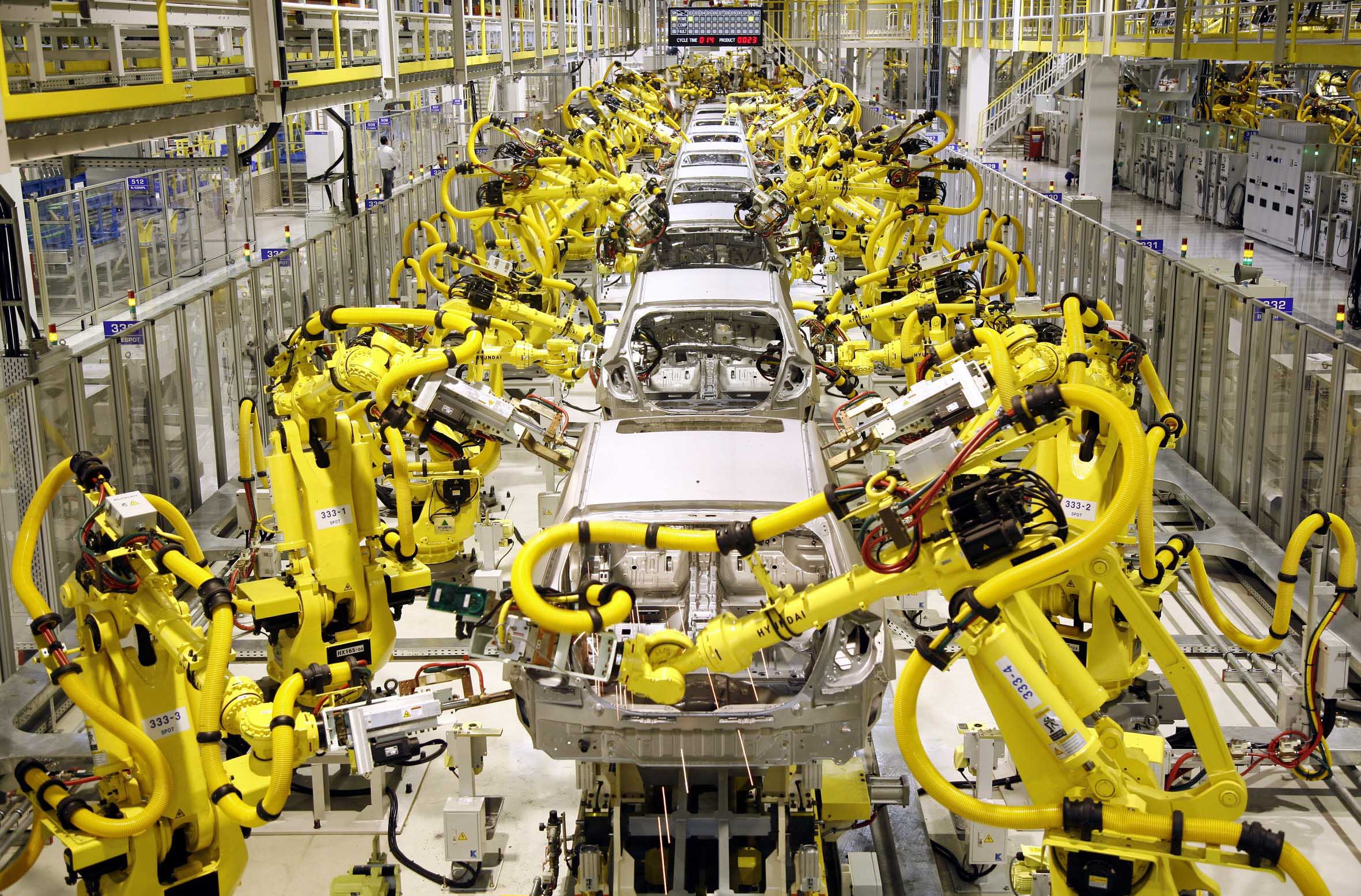The automotive industry has long been an inspiration for industrial and tech giants, rousing them to come together and explore new solutions. But top-notch cars and famous brands are no longer the differentiators.
Instead, AI-powered solutions and high-performance software in vehicles spearhead enormous change for the future. Innovation is the keyword, and brands that can manage it are the only ones that can hope to succeed. It is already estimated that by 2027, the market for automotive hardware, software, and services will be worth $15.9 billion.
This article will briefly explore the unprecedented developments in the automotive industry over the past ten years and the challenging road businesses have taken to automation in their processes. We will also see how automakers generate more revenue through big data & analytics and the hottest new applications in the automotive sector.
Why is automation important for the automotive industry?
2020 was a slow year in terms of business and finance for most industries. Lockdowns and self-isolation laws resulted in lost jobs, leaving people struggling to pay bills. It should come as no surprise that not many could afford to indulge in paying for new vehicles during the pandemic.
For those who did have the cash to spend, a few careful considerations remained top of mind. For example, they only worked with dealerships that took appropriate health and safety measures to curb the spread of the virus. This includes wiping down car interiors before a test drive. After all, the pandemic made it precarious to go out and about for shopping vehicles and testing.
Fortunately, the economic conditions made it possible for buyers to shop for the best prices and get a friendly deal on a car, as automobile dealers were left with no choice but to embrace technology and put buyer experience above all else.
AI-based autonomous vehicles
AI has become a major part of almost all industries. From AI chat-bots to AI delivering services, AI technology is becoming the frontrunners in the market-place today. As far as the automotive industry is concerned, autonomous vehicles are paving the way to reduce the need for human drivers and make traveling on roads a safe option.
Autonomous vehicles are safer for the environment. They offer reduced carbon dioxide emissions and less battery consumption – making them more cost-effective!
Big companies like Tesla and Audi have already started to embrace autonomous driving, making it more reliable. By 2026, it is estimated that the self-driving vehicles industry will be worth $556 million dollars.
Virtual dealing of vehicles
Even though buying cars will always remain a huge investment on the buyers’ part, the pandemic has changed how car dealers conduct their deals. The lockdown had already forced almost 300 dealerships to close down, with many of them now embracing virtual touch points as a way to conduct business.
In fact, the digital dealing of cars is beneficial for both consumers and dealers and might generate more revenue than before. Since most consumers are shopping online, this helps dealerships in providing detailed analytic reports about consumer trends. They can stay up-to-date on the newest trends and roll out new advertising features at little or no cost.
Buyers can now compare different models of cars online before making a purchase, instead of relying on the dealer’s suggestion previously. In fact, buyers now most commonly start researching a third-party website from where they are directed to the dealership’s page.
Additionally, buying used cars online is now much cheaper. According to a study, the price of an average used car sold online was much less than listing a used car at a brick-and-mortar store. One thing to remember is that whether you decide to buy a car virtually or in-store, it is a massive investment and most people get a loan to finance their new vehicle.
Owing to the current economic conditions, lenders realize the need for friendly loan options, so their clients do not have to worry about paying fines and penalties. Once again, thanks to virtual reality, consumers can now take out safe auto-loans and use their credit to the maximum potential. Many of these lending services like PayOff connect eligible borrowers with lenders looking to provide some debt consolidation.
Augmented reality
With almost half of the world in lockdown, virtual reality has shown people a new way of looking at the world. And where the automotive industry is concerned, car manufacturers are already using augmented reality to enhance customer experiences.
Customers can now see how the car engine works and understand any additional navigation features that the car has to offer. In-built AR systems can also improve drivers’ focus by providing all the necessary information while driving and assisting drivers in making a decision in an emergency. However, augmented reality comes without its own set of dangers.

As vehicles become more digitized, they also become more vulnerable to viruses and malware. Many cars can record their drivers’ contact information, call history, music preferences, and other habits that could be used to trace a driver’s competence. This kind of information can be stolen by cybercriminals and used for financial compensation or identity theft.
For increased security awareness and maximum protection, it is important to have critical measures against any kind of malfunction. According to software developer Nathan Finch of Hosting Data says, “Each type of malware does something different; perhaps slightly differently to the others or very differently. But they all do something malicious or damaging. Typically, these malware are developed by cyberattackers, designed to attack systems and data – or to gain unauthorised entry to networks.”
Blockchain
Blockchain is a virtual financial payment between two parties that can be sent directly without the need for a financial institution. While it was originally designed for financial services, the pandemic and resulting lockdown have turned many businesses towards this way of making payments.
The automotive industry was perhaps one of the pioneers in adopting Blockchain technology to accept payments. Ernst and Young has already welcomed blockchain EY Tesseract in its peer-to-peer interactions that provide a reliable pathway to identify, monitor, and maintain the exchange of ownership of vehicle and usage payments.
Conclusion
While most dealerships suffered in the wake of 2020, the automotive industry has developed new and innovative ways of dealing with the new normal in 2023. Along with tech giants who can provide increased virtual and digitized options for vehicles, it is going to be no surprise that the foreseeable future will be highly customer-centric.
Customers will want a personalized relationship with their vehicles, leading to greater usage of AR and AI technologies in their cars. Additionally, finding ways to keep systems agile, safe, and secure to keep up with customer demands will be the differentiating factor for automobiles and vehicles in the coming years.
